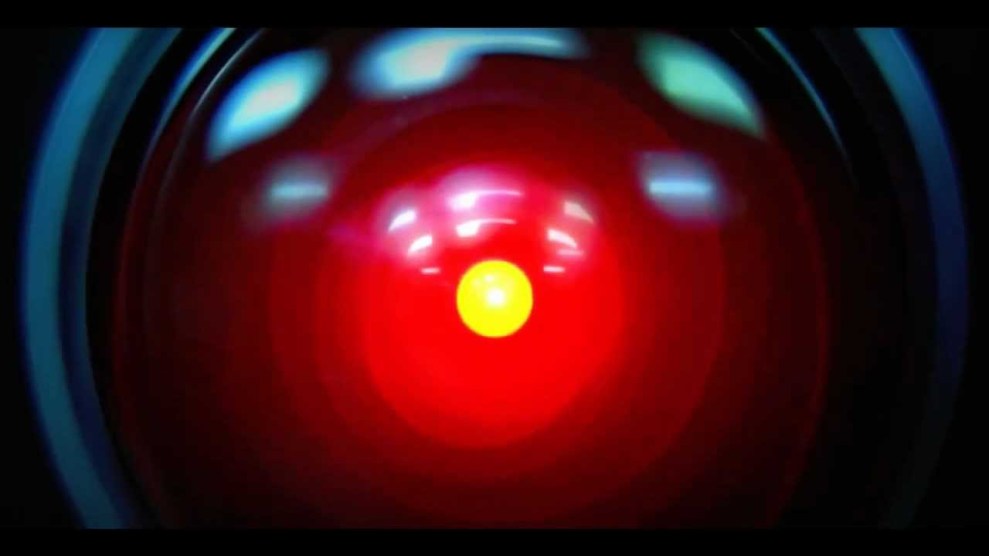
Dan Drezner mentions something today that’s close to my heart. It turns out that he’s been going to a lot of conferences lately and hearing a lot about AI:
There has been one constant running through all of them: people who want to sound savvy keep talking about artificial intelligence as the New New Thing….I confess to wariness about claims of technological game-changers. All too often, I hear colleagues reference AI the way that they would reference “globalization” or “Big Data” — terms so amorphous that there is no consensus about the definition.
On that question and many others, I strongly recommend perusing Michael Horowitz’s essay in the Texas National Security Review, which makes some very useful distinctions. Horowitz points out that AI is more of a continuum than a precise technology. He also acknowledges that the future of AI is far from clear.
This is important. As you all know, I’m a believer in the future of AI, but with a strong emphasis on future. That’s because AI doesn’t exist yet—at least, not in any form that deserves the name. There’s no question that progress is being made—computers writing sports reports, computers winning Jeopardy!, computers telling you where the nearest coffee shop is—but none of that is anywhere close to true human-equivalent intelligence.
To take one example of why this matters, economists often like to say that if AI were really going to put people out of work, we’d see it in the productivity statistics. After all, an economy with lots of AI would produces mountains of stuff without much human intervention, which means that productivity (stuff produced per person) would go up. But all you have to do is pull up the BLS statistics and you’ll see that productivity hasn’t gone up, which means that AI isn’t a threat to our jobs.
This is wrong because it’s backwards. What you should say is: productivity hasn’t gone up, which means there’s no true AI in the economy yet. And that’s correct. In fact, we don’t even have much in the way of “almost” AI. It’s more like “getting closer to almost” AI. As Horowitz says, AI exists on a continuum, and what we have today isn’t very far along.
This level of technology is still useful, but not likely to put many people out of work. Not yet, anyway. But it will. Driverless cars, for example, aren’t true AI either, but in a few years they’ll almost certainly start taking jobs away from a lot of truck drivers. It’s something to take seriously.
But it’s not here yet, no matter how many times you hear marketing boffins buzzing about it. We’ve still got a ways to go.


















